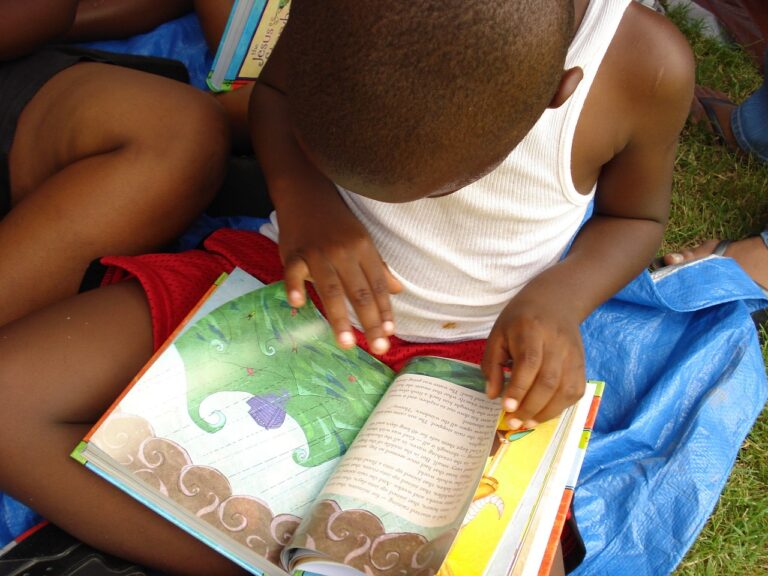Exploring the Role of Music and Movement in Early Childhood Social Interaction: Sky247 login, Diamondexch9.com, Tiger exchange
sky247 login, diamondexch9.com, tiger exchange: Exploring the Role of Music and Movement in Early Childhood Social Interaction
Are you looking for ways to enhance social interaction in young children? Music and movement could be the perfect solution! Research has shown that music and movement activities are not only fun for kids but also play a crucial role in developing social skills and fostering positive interactions with others. In this article, we will delve into the importance of music and movement in early childhood social interaction and how you can incorporate these activities into your child’s daily routine.
Benefits of Music and Movement in Social Interaction
1. Enhances communication skills: Music and movement provide a non-verbal way for children to express themselves and communicate with others. Through dancing, singing, and playing instruments, children learn how to convey their emotions and thoughts effectively.
2. Promotes teamwork and collaboration: Participating in group music and movement activities encourages children to work together, take turns, and cooperate with their peers. These collaborative experiences help children develop important social skills such as sharing and empathy.
3. Boosts confidence and self-esteem: Engaging in music and movement activities allows children to showcase their talents and abilities in a supportive environment. This boosts their confidence and self-esteem, making them more comfortable interacting with others.
4. Encourages creativity and imagination: Music and movement stimulate children’s creativity and imagination, allowing them to explore new ideas and express themselves freely. This creative outlet helps children develop problem-solving skills and think outside the box.
5. Builds empathy and understanding: By experiencing different types of music and movement, children learn to appreciate diversity and understand the perspectives and feelings of others. This empathy-building aspect is crucial for developing healthy relationships with peers.
Incorporating Music and Movement into Daily Routine
1. Host a dance party: Set aside time each day for a dance party where children can let loose and groove to their favorite tunes. Encourage them to dance with a partner or in a group to promote social interaction.
2. Sing-along sessions: Singing songs together allows children to practice listening, taking turns, and cooperating with others. Choose songs with simple lyrics and catchy melodies to keep children engaged.
3. Musical instrument play: Provide children with a variety of musical instruments such as drums, shakers, and tambourines for them to explore and create their own music. Encourage them to play together in a band or orchestrate a musical performance.
4. Movement games: Incorporate movement games like Simon Says, musical chairs, and freeze dance to get children up and moving while also promoting social interaction and teamwork.
FAQs
1. Can music and movement activities benefit children with special needs?
Yes, music and movement activities can be highly beneficial for children with special needs as they provide a sensory-rich and inclusive environment for learning and social interaction.
2. How can parents and caregivers support music and movement experiences at home?
Parents and caregivers can support music and movement experiences at home by incorporating these activities into daily routines, attending music classes, and providing children with opportunities to explore different types of music and movement.
3. What age is appropriate to introduce music and movement activities to children?
Music and movement activities can be introduced to children as young as infants and can continue to be a valuable part of their development throughout childhood.
In conclusion, music and movement play a vital role in early childhood social interaction by enhancing communication skills, promoting collaboration, boosting confidence, fostering creativity, and building empathy. By incorporating these activities into daily routines, parents and caregivers can support children’s social and emotional development while having fun and bonding with their little ones. So, put on some music, get up, and dance your way to stronger social interactions with your child!







